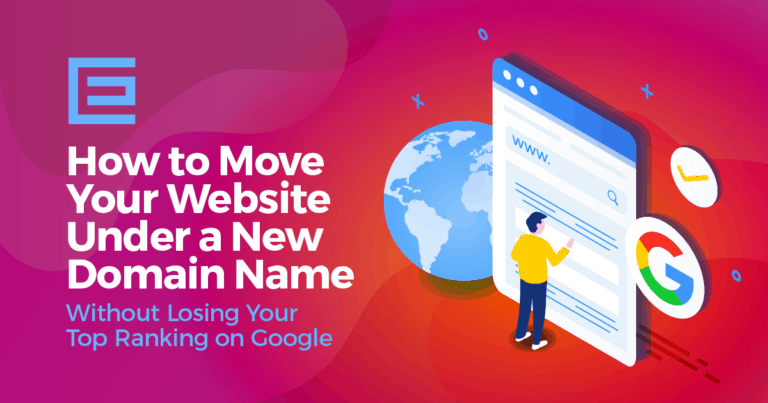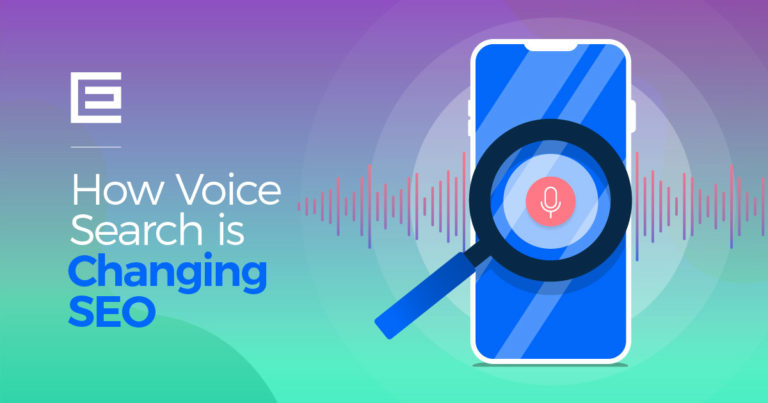This isn’t another “Is SEO Dead?!” article. We know it’s not dead, and so should you.
But search engine optimization has evolved a lot over the past few years, leaving some old techniques to die. If you were using these tactics and your SEO efforts started falling flat, it might be tempting to declare SEO dead.
But the problem isn’t SEO, it’s you.
Ok, that was harsh. It’s not you, it’s just your approach to search engine optimization.
Let’s talk about how SEO has changed and why it’s definitely not dead.
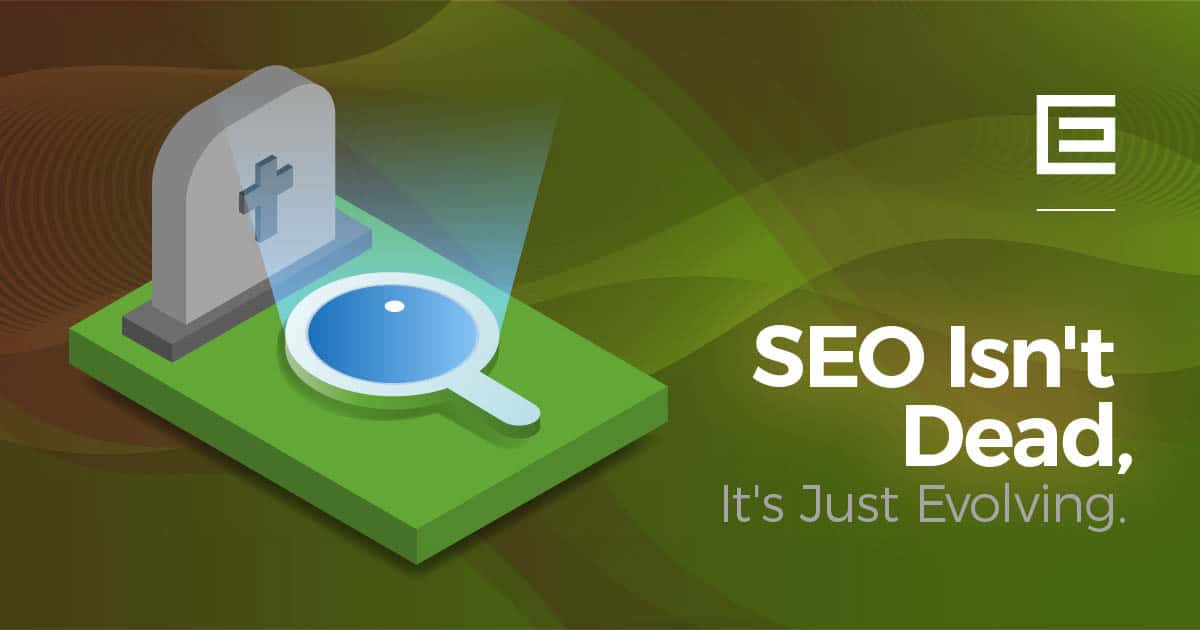
Big Changes to SEO
From 2015 to 2019, Google rolled out around 25 algorithm updates. Each algorithm update aimed to reduce the ranking potential of spam sites and improve the search engine’s ability to match the searcher’s intent. We won’t go into detail on each of these updates but some of the major ones like Panda, Penguin, and BERT made some old SEO tactics obsolete.
5 Common SEO Tactics to Ditch (And What to Do Instead)
Some long-standing search engine optimization tactics that are no longer effective. Here’s what you should stop doing and what to do instead:
1. Backlink Hoarding
Backlinks have always been a factor in SEO, but the strategy surrounding them has changed drastically. For years, it was all about quantity over quality. Having 50 directory links was equal to or better than one or two links from sites with high domain authority.
The opposite is true now. Submitting your site to dozens of online directories doesn’t pack the same SEO punch as a few high-quality links from sites with high domain authority.
Do this instead:
Aim for backlinks from high-quality websites. You get those coveted high-quality backlinks by writing guest posts for sites with a high domain authority. Forbes, The Huffington Post, and Outbrain are very popular places to submit guest posts but, as you might have guessed, they have strict guidelines so it can be difficult to get your post approved and published. But if you do get published, you’ll have a lot of link juice pointing back to your site! Guest posts on Forbes are distinguished by a “Contributor” label next to the author’s name:

Another way to get great backlinks is with the content you already have. This involves some research but it can pay off big time. Start by looking at sites that write about topics that complement your content. Find a piece you think could be elevated with the addition of a link to your content. Find the email of the author or editor and send a friendly email explaining why their readers would love your content. Keep in mind that you may have to send a few, or even a dozen, before you get a bite. But when you do, your patience will be rewarded with a nice backlink!
2. Writing Content Around Keywords
Keywords are another SEO factor that has been around as long as Google itself. In the past, a website owner might choose a few keywords relating to their industry and write a page for each of those keywords. With some backlinks, those pages would rank.
The problem with this strategy is that it often results in low-quality content that sounds robotic and unnatural. The information on the page may not even be helpful for human readers. With this strategy, keyword overuse (or “keyword stuffing”) is a big issue. While it used to help a page rank, overusing keywords will hurt your rankings now. Once upon a time, something like this might have actually ranked for “spaghetti recipe”:
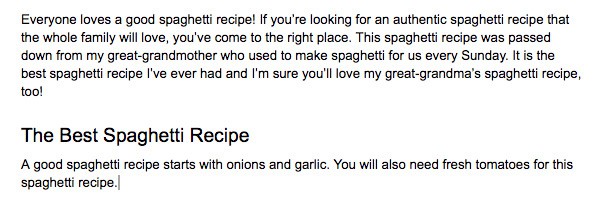
Now that site will get penalized for keyword stuffing and great-grandma’s recipe will never get the glory it deserves.
Do this instead:
Keep in mind that Google looks for content that is written for humans first. Instead of writing a page around a single keyword like “spaghetti recipe” and trying to work that keyword in there as many times as possible, try creating content around a topic or answering a question that a real person would search like, “how do you make spaghetti sauce from scratch?” You’ll better serve searchers, your content will be much higher quality, and in return, Google may reward you.
3. More is Better
Many people used to believe that the more pages you have on a website, the better. (This ties into the “create a page for every keyword” strategy we discussed above.) Quantity over quality, in other words. Cast a wide net and you’re bound to get some bites! This isn’t a solid strategy anymore. A lot of low-quality content makes for a bad user experience and won’t win you any favor with Google.
Do this instead:
Create high quality content, even if it means you only publish one or two new pages/blog posts per month. Take deep dives into topics that your readers are searching for and create the type of content that people want to link to and share on social media.
If you already have a lot of content on your site because you used this strategy in the past, don’t start pulling pages down! Take a look at what could be improved on your existing pages. How could you better serve your audience? Can you expand your existing pages with quality content? Can you remove instances of keyword stuffing on the pages? All of these are a better course of action than pulling content down and losing any traffic those pages may be bringing in.
4. Chasing the #1 Spot
For a long time, the goal of SEO was to get the #1 organic spot in the rankings. If you got to #1, congratulations! Fame and fortune are yours for the taking!
There are a few problems with this. First, ranking #1 doesn’t guarantee clicks and it certainly doesn’t guarantee conversions or sales. Someone could absolutely rank below you but get more clicks and conversions. We actually see this a lot.
Your title tags and meta descriptions impact SEO, but they also affect your click-through rate. Writing enticing title tags and meta descriptions will help you get more clicks, even if you’re not in the top spot. Here are examples of title tags and meta descriptions. While these are not real title tags or meta descriptions, the second one is definitely more enticing to readers:

The second problem is the rise of “position zero”, also called the “featured snippet”. This is the box of information that shows up at the top of search results. This means that even if you’re #1, you could be overshadowed by the link in the featured snippet:
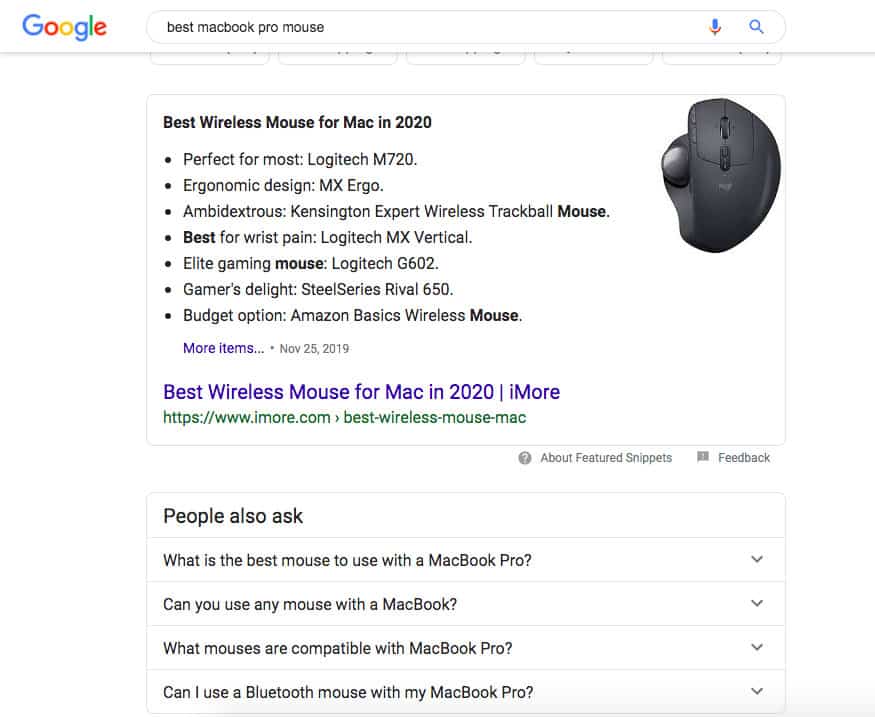
Keep in mind that while it’s not vital to be #1, you should aim to be on the first page of results. 75% of people never go to page two of search results so if you’re not on page one, you probably won’t get found.
Do this instead:
Focus less on your position in the SERPS (search engine results pages) and more on the results. If your site is performing well and bringing in new customers/clients, you’re doing just fine. You don’t need to stress about being #1.
5. Exact Match Domains
Once upon a time, people thought a domain name like raleighmexicanrestaurant.com all but guaranteed you’d rank for almost any search for Mexican restaurants in Raleigh. People eschewed branded domains for these generic, keyword stuffed URLs. That’s not the case anymore, though.
You might think there’s nothing wrong with a domain like that, even if it doesn’t mean SEO success. Unfortunately, you’d be wrong. Choosing a keyword-rich domain instead of a branded domain could cause Google to flag your site as spam. And spam never ranks (well, almost never).
Do this instead:
Choose a domain that is readable and memorable by humans, even if it’s not keyword-rich. Your SEO success doesn’t hinge on your domain.
Let TheeDigital Bring Your SEO Into the Roaring 20s
Do all of these changes have your head spinning? Let the SEO experts at TheeDigital take the reins. Our team stays up to date on changes in Google’s algorithm to better serve you, our clients. Start with your free site audit or give us a call at 919-341-8901.

